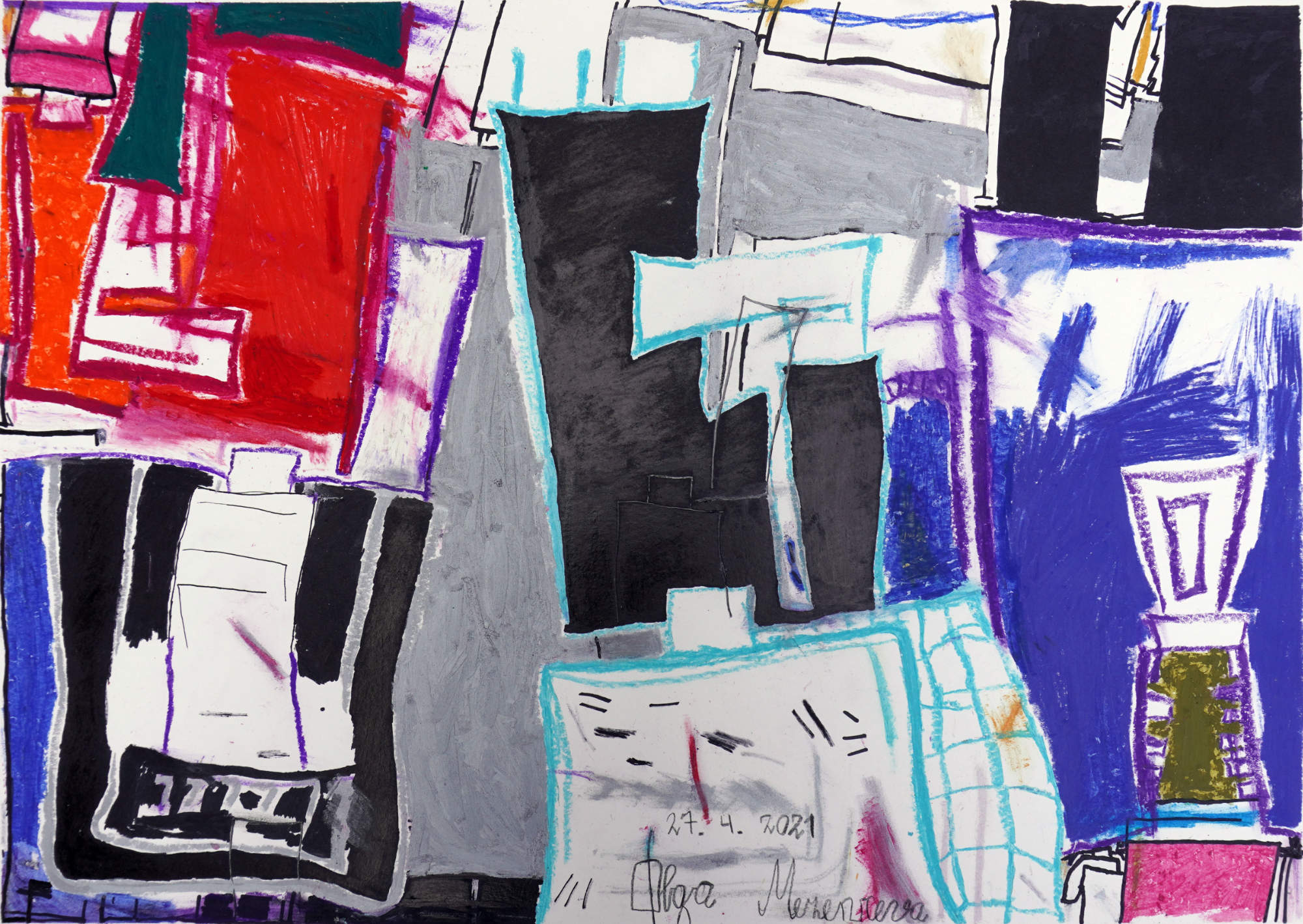Inclusive culture, powerful artists
Three examples from film, the visual arts and opera show how culture is made inclusive in Germany.

Filmmakers: new search function on casting portal
According to a study carried out by the MaLisa Foundation in 2021, only 0.4 percent of the protagonists and leading actors on German television have a visible disability. And when the latter are given roles, they are often reduced to their disability. Yet five percent of the population in Germany live with a visible disability. In April 2023, the well-known casting portal Filmmakers set up a filter and search function that incorporates this aspect. Now actors and actresses can provide information about their disability in their profile and selectively control how this information can be used in casting. Jan Kampmann, paraplegic actor, says: “The new feature fills an important gap and creates more visibility.”

ART CRU: publicity for outsider art
Focusing on the creativity of impaired people has a long tradition in the visual arts. The term ‘outsider art’ was coined by British art historian Roger Cardinal. ART CRU is the first Berlin gallery to focus on art by people who have disabilities and experience exceptional mental states. Its aim is to present artists who are outside the art establishment to the general public. From August to mid-October 2023, for example, the gallery will be showing paintings by Moscow-born artist Olga Mezenceva, who can barely express herself in language.

© Galerie ART CRU Berlin, Kaspar Hauser Stiftung
Landesbühnen Sachsen: sign language in opera
“A deaf actress is wanted for the leading role in the opera ‘Rusalka’ at Landesbühnen Sachsen.” This was the title of a job advertisement posted at the beginning of 2023 that was unusual for the arts sector. But the idea went on win out of 40 entries in the nationwide directing competition held by Landesbühnen Sachsen. In Antonín Dvořák’s lyrical fairy tale, under the motto “Opera for all”, a singer and a deaf actress are cast in the role of Rusalka, a character who narrates the action in retrospect – with the help of sign language.


